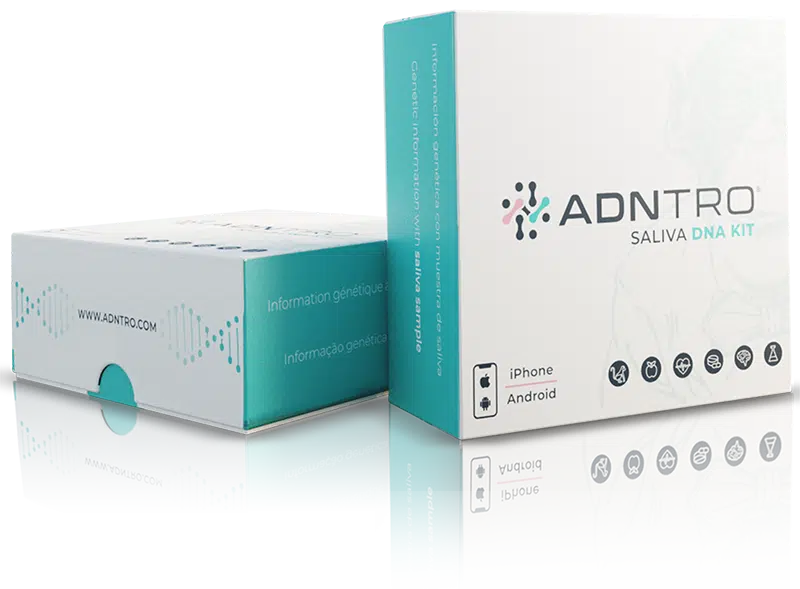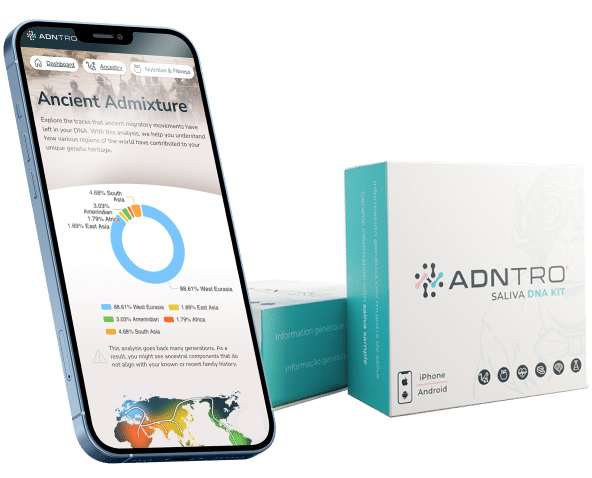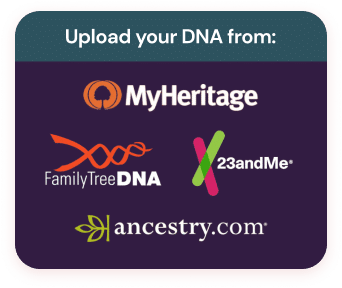The term epigenetics was coined in 1942 by Conrad Waddington, a British developmental biologist, to describe the effects of external influences, such as diet and the environment (environmental factors), on the development of organisms. In recent decades it has become clear that epigenetic information plays a much more important role in determining cellular identity than it was previously thought.
That is why we could define epigenetics or epigenome as the discipline that studies the hereditary and reversible changes that occur in the functions of genes without altering the DNA sequence but that activate or inactivate them. These changes can occur because of age, diet, chemicals...

Epigenetics and health
Our physical and mental health depends not only on changes in our DNA code, which we inherit from our parents, but also on the dynamic interactions between our DNA and the environment, even if the genetic code itself does not change.
Therefore, we can act on these interactions to change our health. For example, we see examples of the impact of epigenetic changes in studies conducted with identical (monozygotic) twins. Although both share the same genetic code, each develops very different predispositions towards certain types of diseases. Both have been exposed to different experiences and lifestyle which has led them to have different gene expression.
Epigenetic modifications play a critical role in the pathogenesis of many common diseases, including cardiovascular disease, cancers, metabolic syndrome, neurodegenerative disorders, and psychiatric diseases. These modifications regulate gene expression without altering the DNA sequence, thus contributing to phenotypic changes. They include post-translational histone modification, DNA methylation, microRNA, and RNA interference. In addition, the altered structure of chromatin can affect transcriptional activity.

Epigenetics functions
Epigenetic mechanisms are responsible for regulating the functioning of our cells, including the control of cell division (cell cycle), growth, differentiation, metabolism, aging, and stress response.
Regulation of gene expression
Chromatin is the way in which DNA is presented in the cell nucleus whose basic unit is nucleosomes. Depending on the degree of chromatin condensation, it can be found in 2 forms: heterochromatin (highly condensed; inactive form) or euchromatin (slightly condensed; active form).
"Epigenetic regulation" can be caused by changes in chromatin configuration. The state in which chromatin is located determines whether or not a gene will be expressed (expression levels).
If the chromatin is highly condensed (heterochromatin), the DNA cannot be translated into RNA and therefore the genetic information will not be expressed in protein (the gene is silenced).
Conversely, if the chromatin is slightly condensed (euchromatin), DNA can be translated into RNA thus expressing genetic information into proteins.

Types of epigenetic changes
It has been determined that there are three epigenetic regulatory processes:
- DNA methylation (variations in methylation patterns).
- Histones modifications (proteins responsible for condensing DNA forming nucleosomes).
- Interference RNA (modulates gene expression).
Obviousness and uncertainties of epigenetics
The field of epigenetics is still relatively young, but it promises to reveal how our bodies develop and function over time. Recent studies show that environmental factors such as stress, diet, toxins, and drugs can alter gene expression. In fact, some scientists believe that epigenetics plays a role in diseases such as cancer, diabetes, heart disease, obesity, and mental illness.
For example, exposure to certain chemicals found in cigarette smoke can cause changes in the way genes are expressed in lung tissue. This leads to increased susceptibility to breathing problems later in life. Studies also suggest that prenatal alcohol exposure alters fetal brain tissue methylation patterns, leading to long-term effects on behavior and cognition.
While we know a lot about the biological mechanisms involved in epigenetics, there is still much to learn about the specific roles these processes play in normal development and disease. As researchers continue to unravel the mysteries of the genome, they hope to better understand the complex interactions between genetics, the environment, and disease.
Buy your DNA TEST of ADNTRO or by upload your RAW DNA data!














